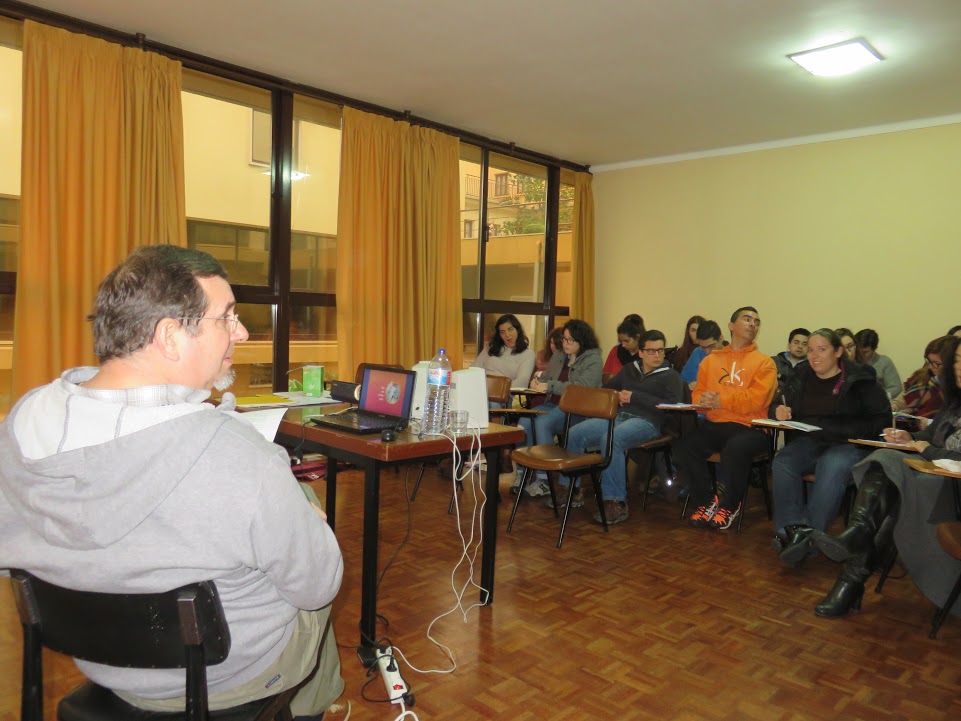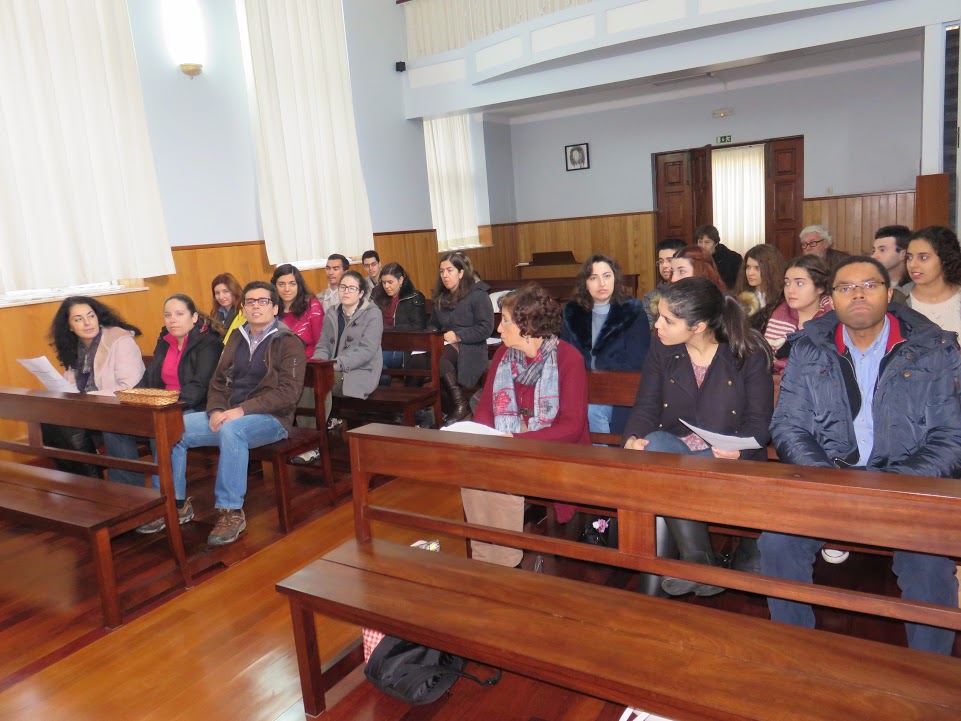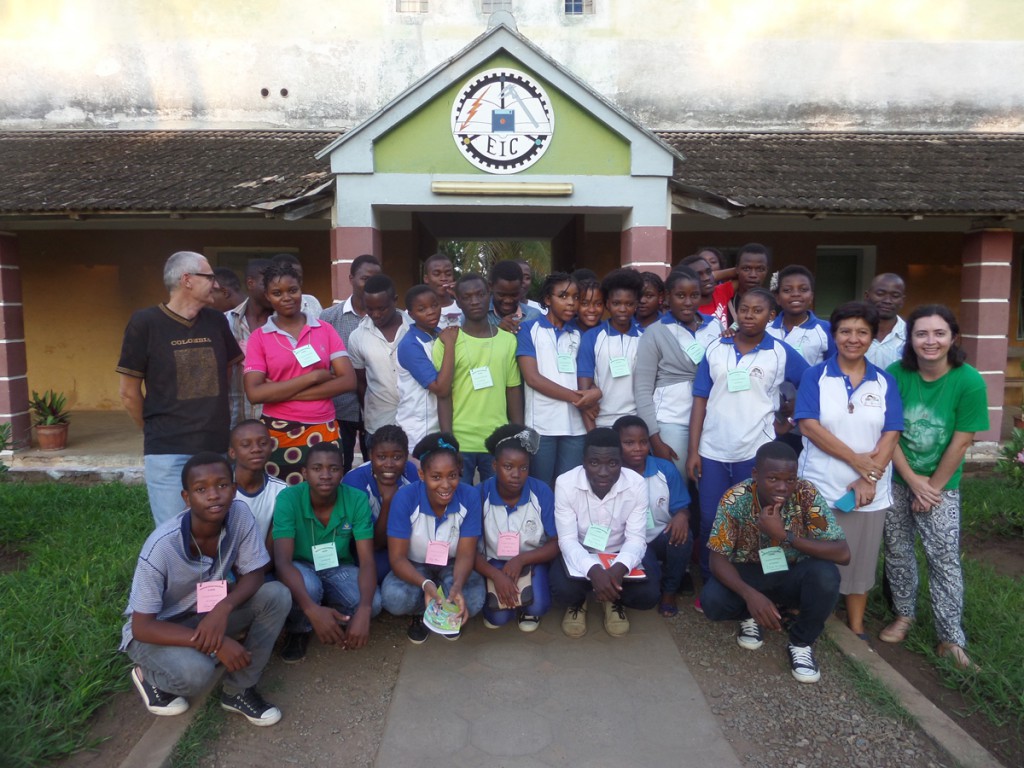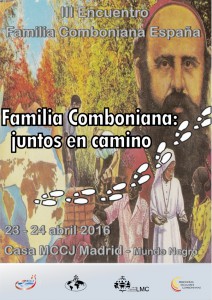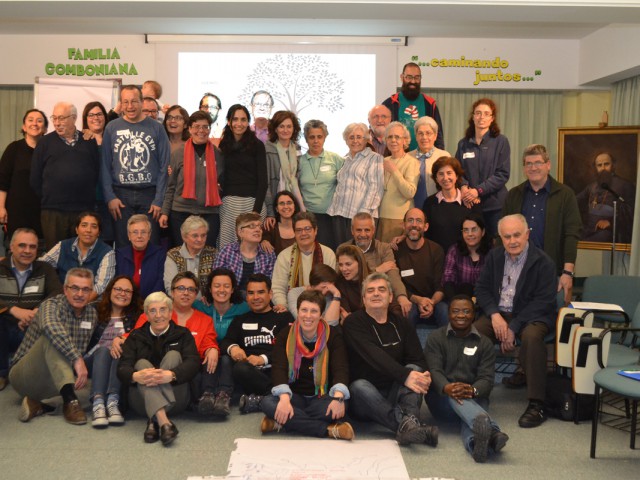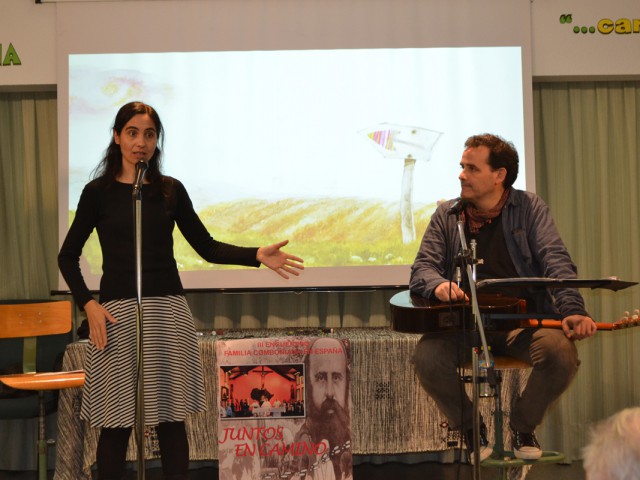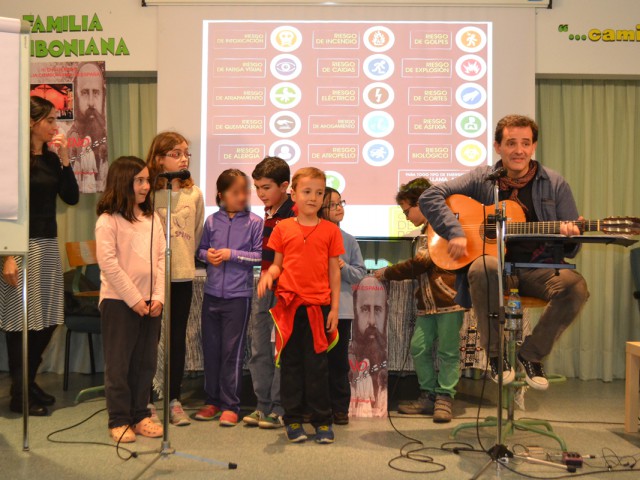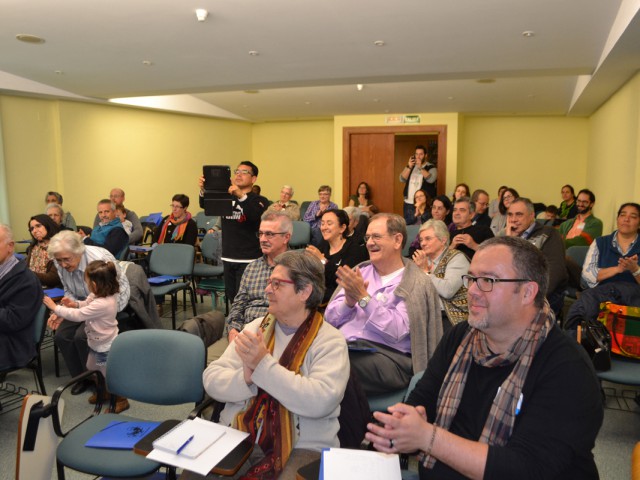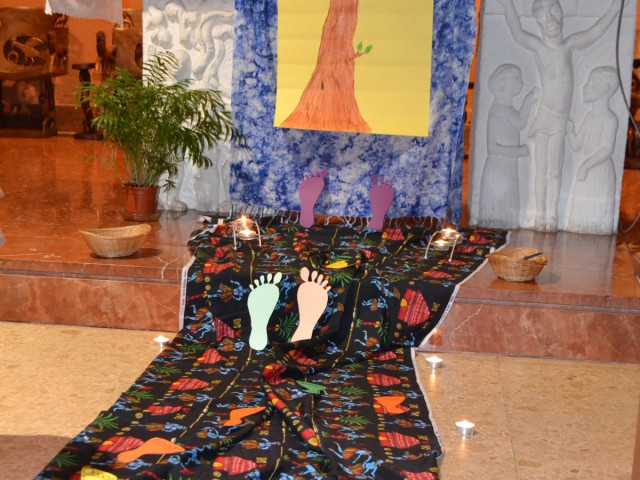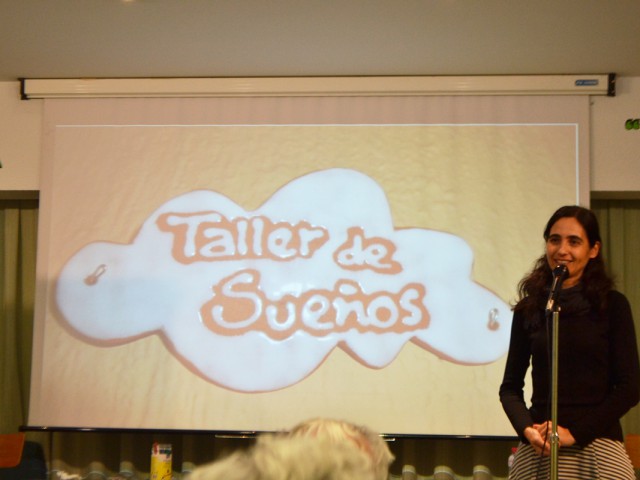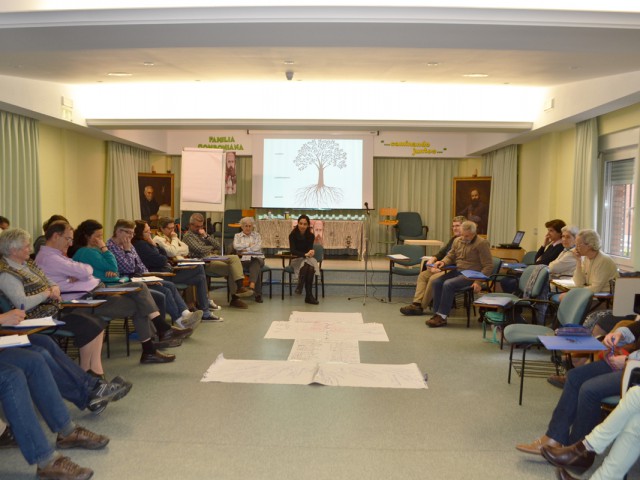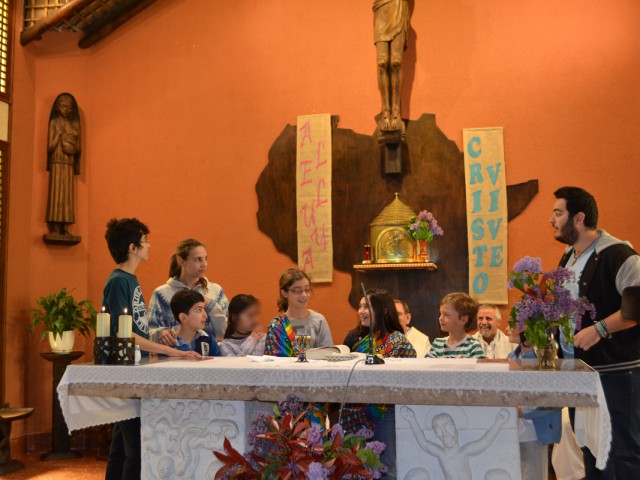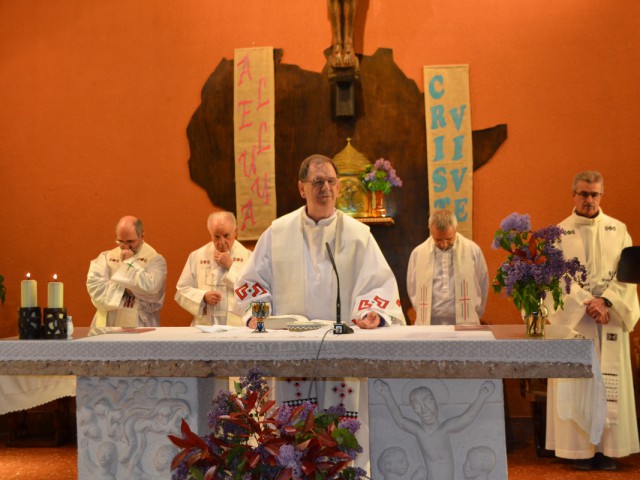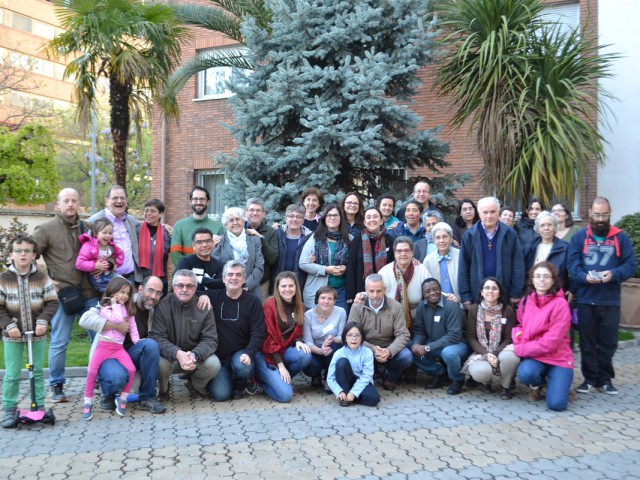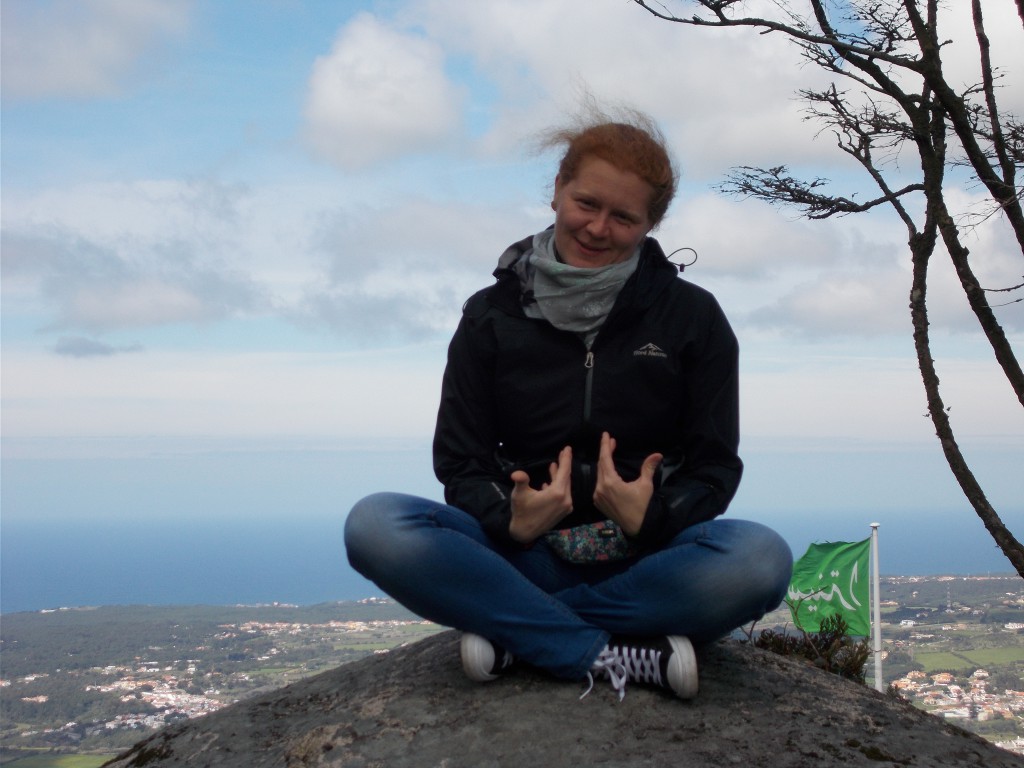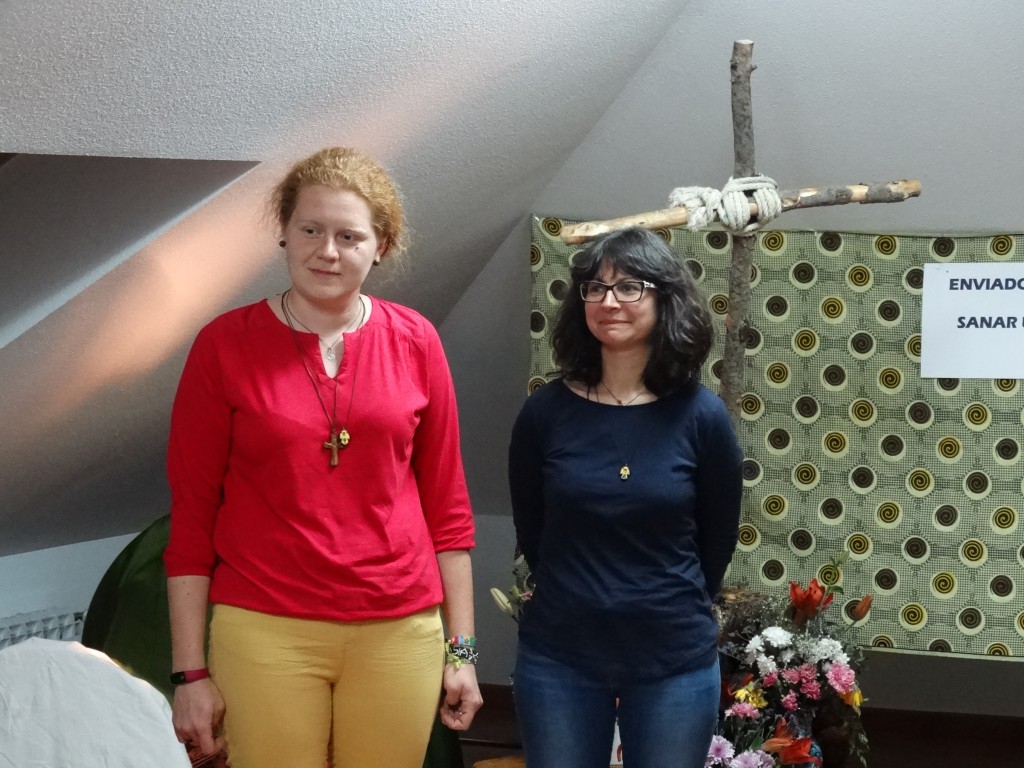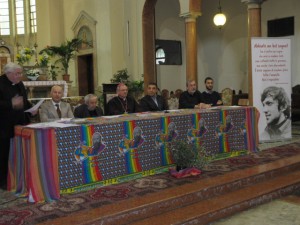The weekend of 13 and 14 February took place at Fatima the formation of the 3rd FEC (Fe Foundation and Cooperation) Meeting with the theme “Missions, cultures and religions” in which we had the pleasure of having as trainer the Provincial of the Comboni missionaries of the Heart of Jesus, father Jose Vieira. As in other meetings, a wide variety of institutions, groups and missionary organizations were present. We thank God for the presence of all, for the fraternal union and joy that always happens when we are meeting in His name.
In this meeting the main message was the importance of going to meet the other. Go to meet them involves knowing them and knowing their culture. In addition, this meeting of cultures often means that, for a moment, we forget ourselves, our cultural habits and routines that are so natural in us. Accept the other and its culture is a necessary challenge for the full experience of the love of God in mission lands. More than witnesses of God, He invites us to follow his example, be living gospel of love. And for this, we must know the people, their culture and their customs … we should inculturated to love people in a full form.
In fact, Jesus is the true example of inculturation. He, who to witness the infinite reach of His love for us became man like us. Following his example, we must not only respect but to know and participate in culture, routines and habits of the place where we go. However, this is more complicated than we think, in first place, because we are all inherently ethnocentric and see the world from us, from our experience and our culture. However, we can never forget that cultural diversity is a gift loved and respected by God. Each of us comes with everything that is conform: defects, qualities, life history, culture, and our faith is the result of a personal relationship with God. However, it is important not to forget that cultures that welcome and receive us are sacred territory to which we must barefoot sandals of pre-judgments and preconceptions. From this arises the importance of learning the language, learn the culture, learn, especially, to celebrate and be with people sharing our lives with them. Therefore, go to a new culture requires availability to be born again, learning life differently.
During this meeting, on 13 February we had the honor of thanking God for the life of Marisa, who turned 23 years old. We thank God for the grace to walk and celebrate life at her side. Life gets bigger and better when we are surrounded by people with God in their heart.
Marisa and Paula




